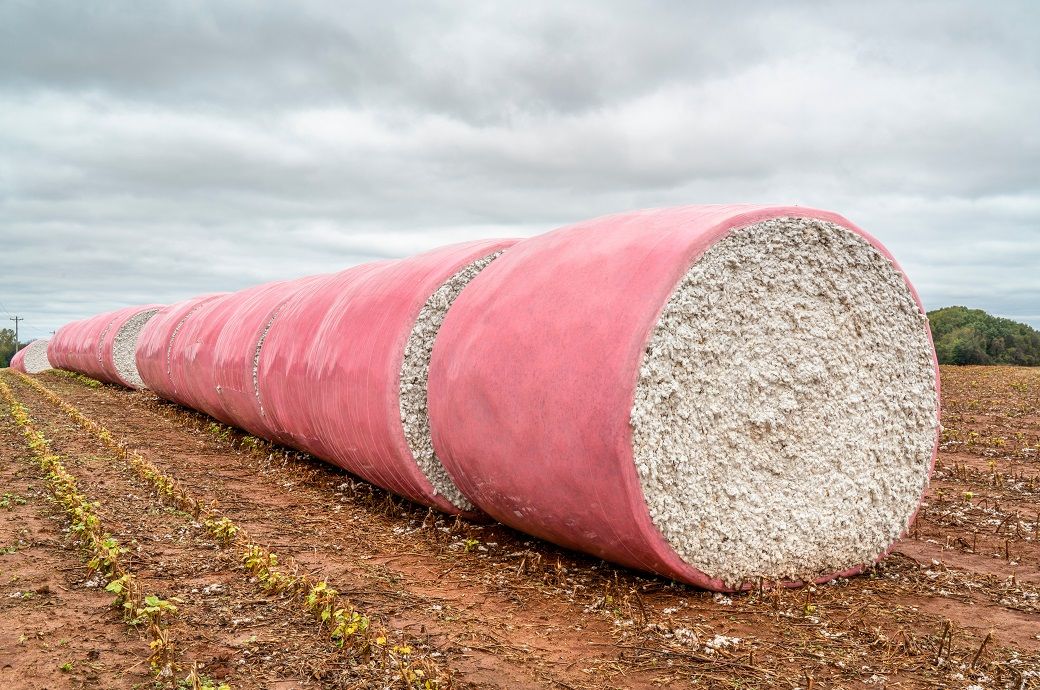
The Haryana Cotton Ginners Association has submitted a letter to the state government’s Traders’ Welfare Board. In it, they argue that ginners cannot modify cotton quality standards since it's an agricultural product. Sunil Mittal, the Association's president, has warned that if there is any coercive enforcement of this order, ginning mills would be unable to maintain production. As a result, they would have to halt cotton production from the new season starting next October.
Similarly, the Punjab-based Indian Cotton Association expressed in a letter that an agricultural commodity's quality depends on factors such as weather. They insist that while no one intends to produce subpar cotton, setting a quality standard isn't feasible for ginners.
Chetan Bhojani, a cotton trader from Morbi, Gujarat, provided a more logical perspective on the issue. Speaking to Fibre2Fashion, he said, "The Indian cotton ginning industry cannot be compared to its counterparts in developed nations like the US. Given the thousands of Indian ginning mills, many of which are small in size, they simply can't afford to invest in expensive machinery to control trash and moisture." He added that buyers are not willing to pay higher prices for better quality cotton, even if someone were to invest in such machinery.
Bhojani stated that the current bearish market conditions also deter ginners from investing in new machinery. If the government insists on enforcing the new standards, ginners, already burdened by significant losses in the prevailing unfavourable market situation, would be left with no choice but to halt production. Currently, there seems to be little serious discussion on the matter. Therefore, it might be necessary for the government to postpone the implementation until the next season.
The ministry of textiles announced last February that the government had approved the QCO for mandatory certification of cotton bales. This is in line with specification No. IS12171: 2019-Cotton Bales to improve the quality of cotton supplied to the textile industry. The QCO will take effect from October 2023. Ginners will be required to register with the Bureau of Indian Standard, and they'll be obligated to stock and sell cotton bales in the domestic market that meet this new standard.
Fibre2Fashion News Desk (KUL)